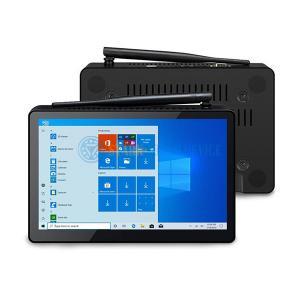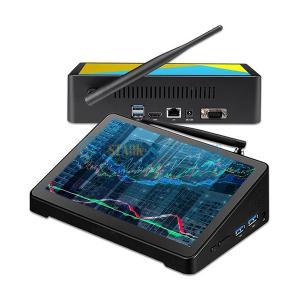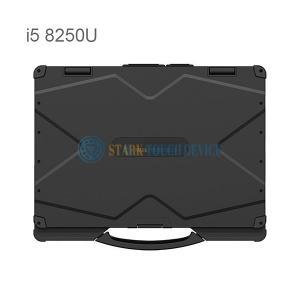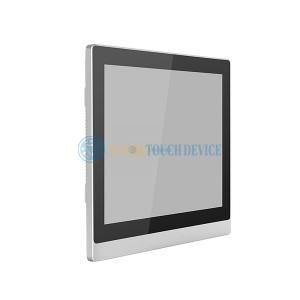Welcome STARK TOUCH DEVICE!
Solutions

Industrial control computer fault alarm linkage test
Industrial control computers rely on fault alarm linkage mechanisms to maintain operational safety and efficiency. These systems detect anomalies through sensors and trigger appropriate responses, ranging from visual/audible alerts to automated shutdown procedures. The core components include detection units, processing logic, communication channels, and output actuators.Read more
Debugging of the edge computing module for industrial control computers
Edge computing modules in industrial control computers bring processing power closer to data sources, reducing latency and bandwidth requirements. These modules typically integrate specialized processors, memory, and communication interfaces to handle real-time analytics at the network edge. The architecture often includes multiple layers: sensor/actuator interfaces, preprocessing units, core compRead more
Digital quantity logic test of industrial control computer
Digital logic testing verifies the correct operation of binary input/output (I/O) channels in industrial control computers. These systems process discrete signals representing states like ON/OFF, open/closed, or high/low. Unlike analog signals, digital logic operates at specific voltage thresholds to distinguish between logical 0 (typically 0-2V) and logical 1 (usually 3-5V).Read more
Method for Analog Quantity Calibration of Industrial Control Computers
Analog signal calibration establishes a precise relationship between raw electrical values and physical measurements. This process compensates for hardware tolerances, environmental factors, and sensor nonlinearities. The core principle involves defining two reference points: zero-scale (minimum physical value) and full-scale (maximum physical value). For example, a temperature sensor with 0-100°CRead more
Networking and debugging of multiple devices for industrial control computers
Industrial control systems often rely on interconnected devices to monitor and manage processes efficiently. However, debugging multi-device networks in industrial control computers presents unique challenges due to hardware diversity, protocol variations, and real-time performance demands. This guide explores practical strategies to streamline the debugging process while ensuring system reliabiliRead more


